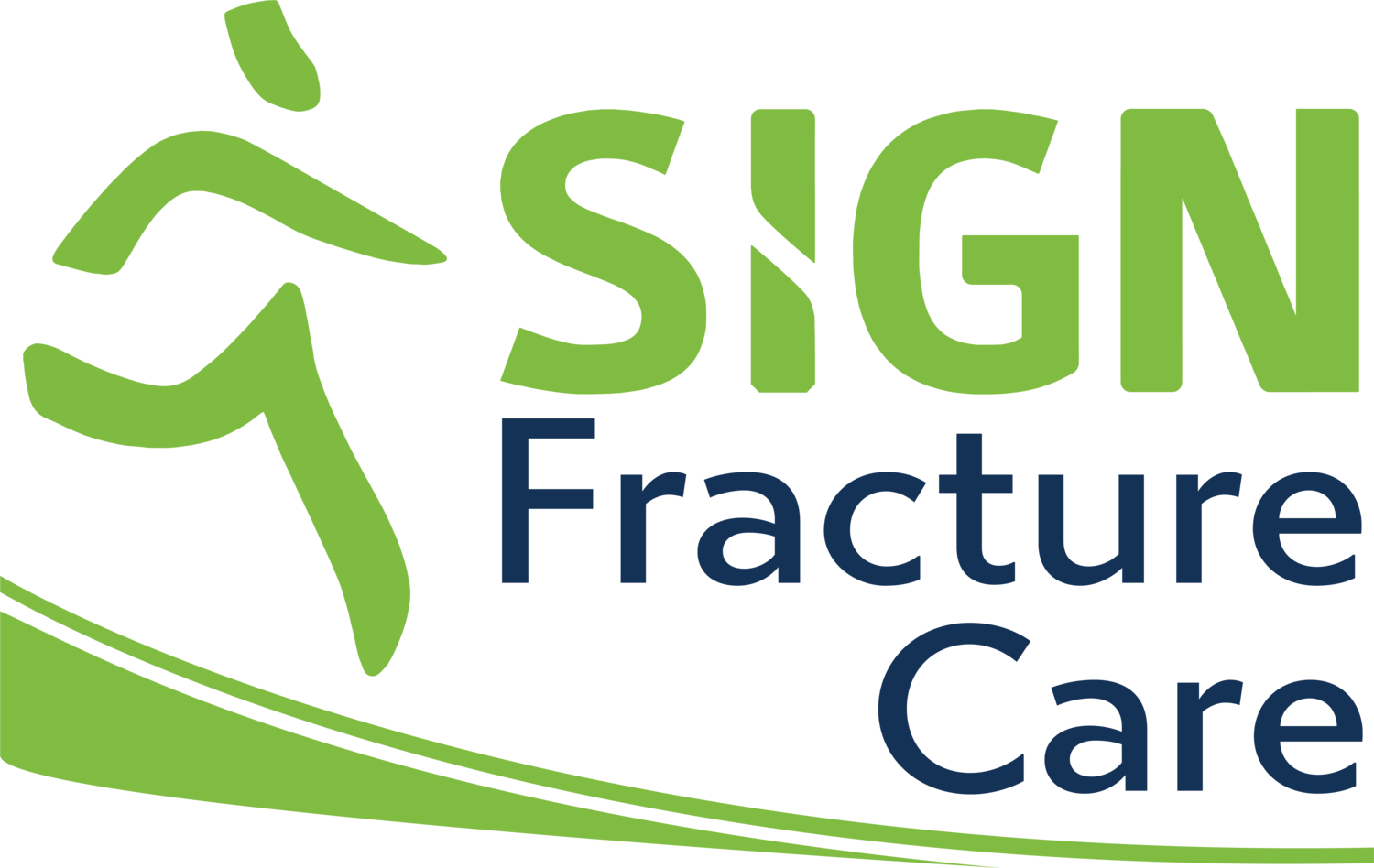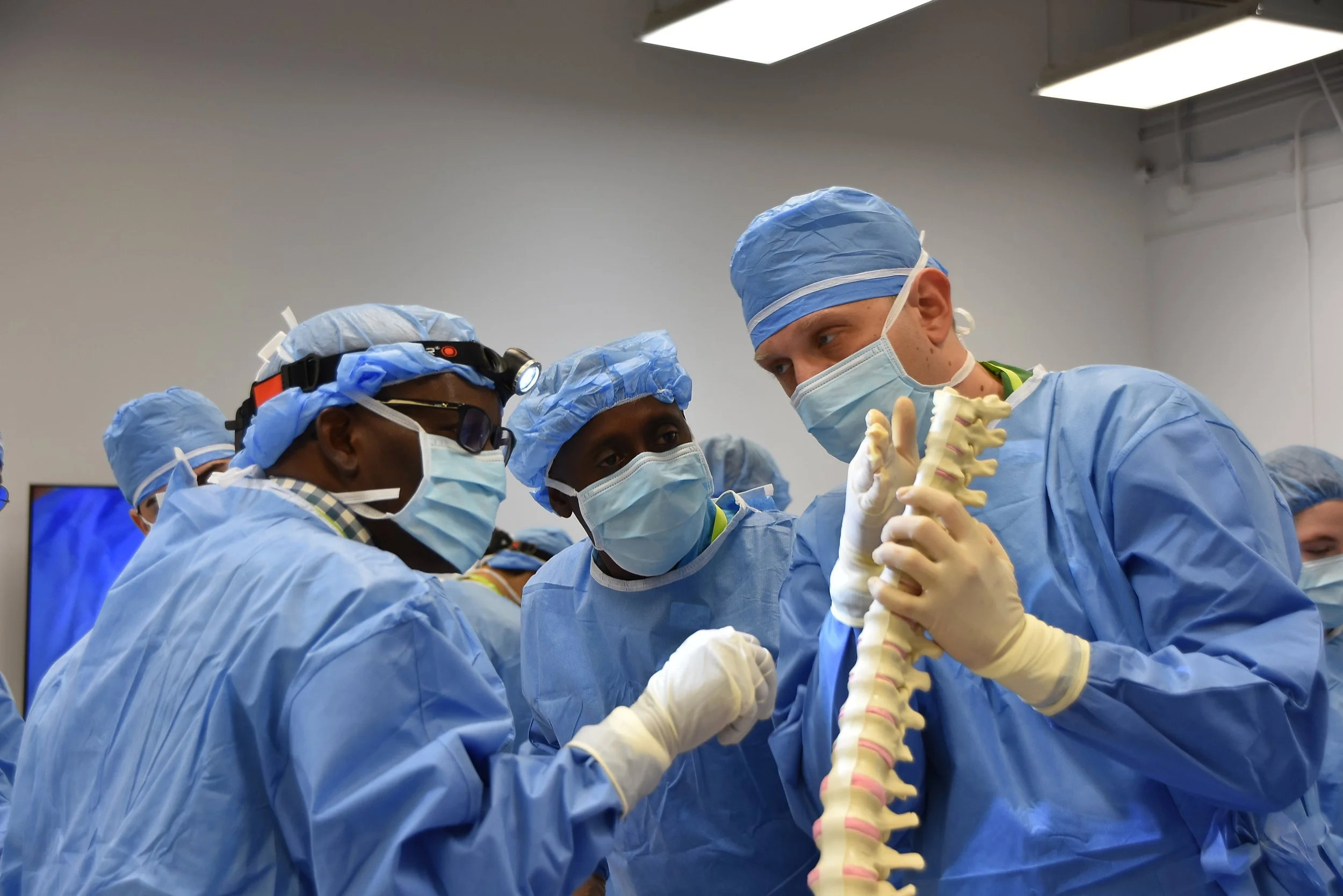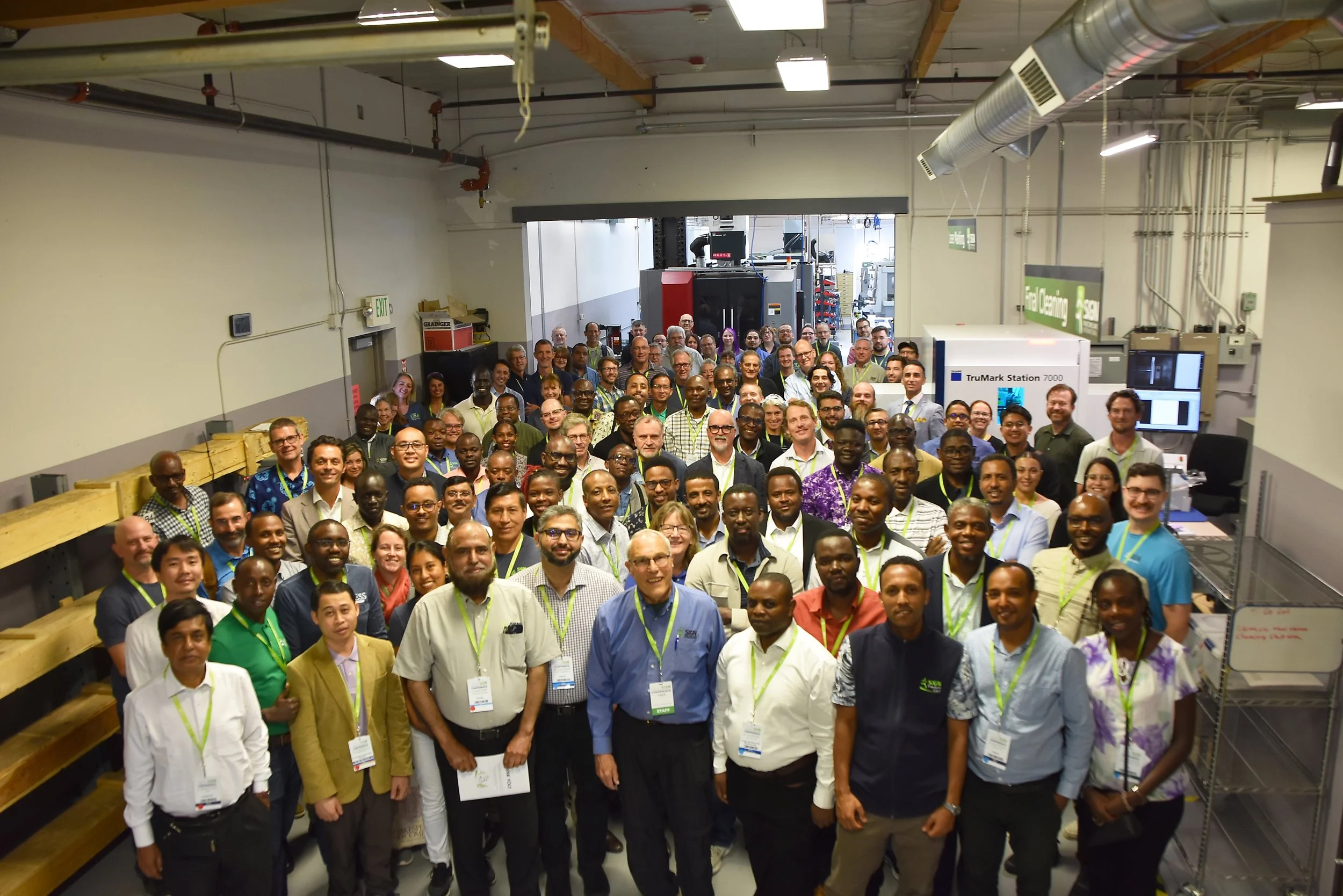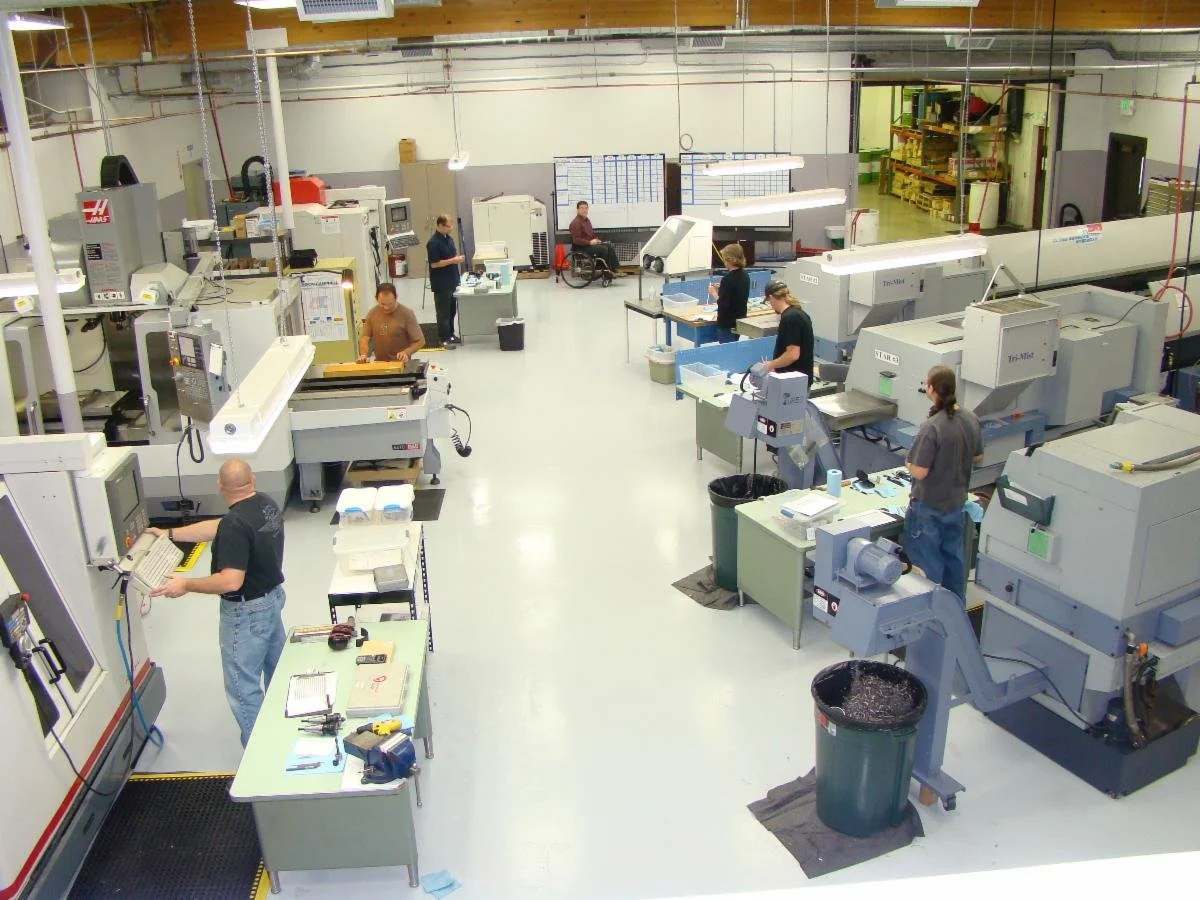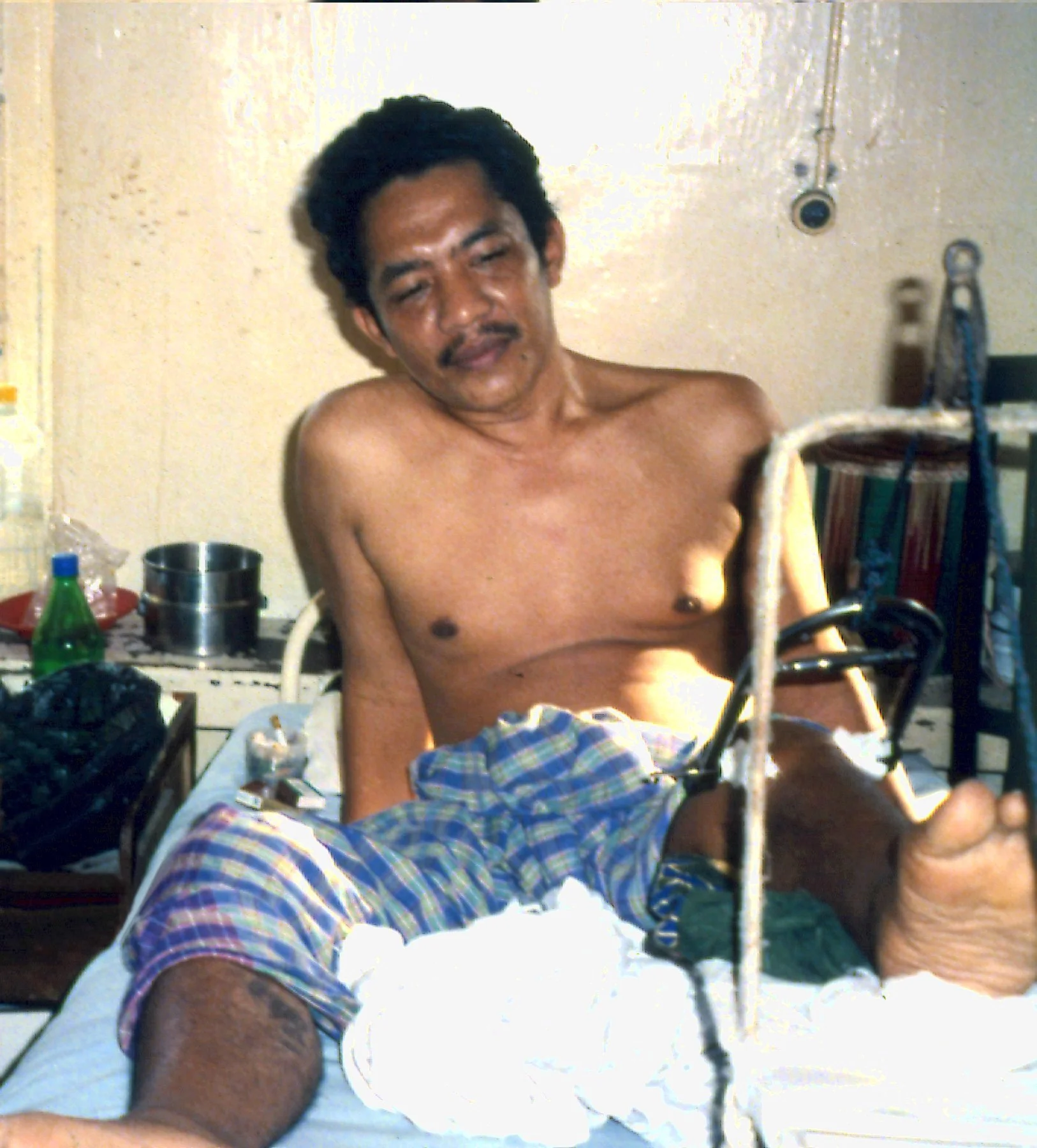SIGN Blog
For 25 years you have helped us provide healing surgery for injured people in low- and middle-income countries. Stay connected with us by reading our blogs below.
SIGN Spine
SIGN Spine seeks to dramatically improve the care of spinal trauma patients through empowering surgeons and medical teams in low- and middle-income countries.
Regions in Conflict
SIGN is proud to provide implants and instruments to surgeons in regions of conflict. Dr. Zirkle’s philosophy to offer the same level of care to both civilians and soldiers guides SIGN’s mission in war-torn regions of the world.
Dr. Zirkle Honored
In February 2018, Dr. Zirkle was honored with the Department of Defense Medal for Distinguish Public Service, presented by Secretary of Defense James Mattis
SIGN Nails 101: Manufacturing Hope
Intramedullary (IM) Nailing underwent many designs and iterations during the 20th Century. However, technological advancements made modern IM Nailing exclusive to high-income countries. People in low- and middle-income countries (LMIC) don’t have the same access to hospitals, orthopaedic specialists, and implants needed to care for fractures.
A Practical Approach: Cooperative Learning in the Bioskills Lab
The construction of the SIGN Bioskills Lab was a milestone in SIGN's history. The lab offers SIGN Surgeons an opportunity to practice surgical techniques on human tissue, under the guidance of mentors. Training received in the Bioskills Lab equips SIGN Surgeons to train their colleagues and care for patients in their own communities.
Targeting Disaster Zones: An Evolution of SIGN’s Crisis Response
Over the years, SIGN’s disaster response has evolved from traveling to from the US to provide patient care into empowering local doctors to be first responders using the SIGN Technique.
SIGN Conference: Empowering Surgeons
The SIGN Conference is one of the biggest highlights of every year at SIGN. Surgeons from around the world gather at our headquarters to present their research, learn from one another, and build international relationships.
Manufacturing to Meet Needs
In order to provide implants for more than 430,000 people over the last 25 years, we have continually refined and expanded our manufacturing equipment and processes.
From One Bone to Many
SIGN Surgeons drive innovation. The SIGN Nail was originally designed for one bone, but surgeons from all over the world demonstrated it is safe and effective in all long bones.
SIGN Database Drives Innovation
If there is a secret that explains how SIGN has succeeded in supporting surgeons and helping more than 425,000 people heal over 25 years, it just might be the SIGN Surgical Database.
More than a Broken Bone
Treating a patient’s injury is important, but the biggest value that SIGN provides is what the surgery enables each patient to do. Most SIGN Patients with a fracture are able to stand and walk with crutches one day after surgery, leave the hospital within one week, and return to work or school in one month.
SIGN Turns 25
Throughout this year, we will be looking back at the people and events that have inspired this journey as a means to celebrate, to re-affirm our mission to create equality of fracture care throughout the world, and to guide our path for the next 25 years and beyond.
Share Your SIGN Story
How did you get connected with SIGN? What’s a memorable experience with a surgeon, staff, or supporter?
We’d love to hear from you! Comment on a post above or use this form.
